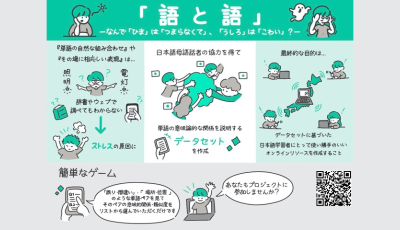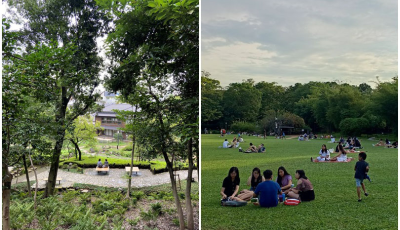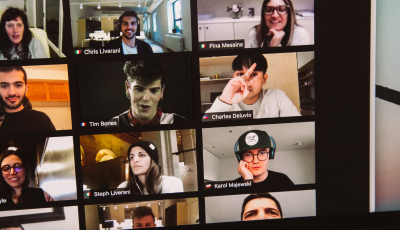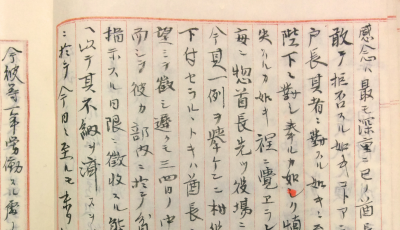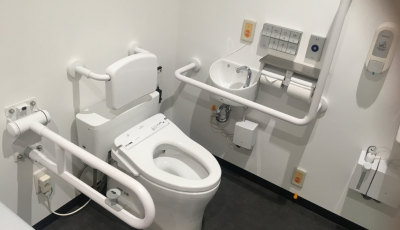EaseOut: How Digital Assistants Impact the Ease of Leaving Online Meetings
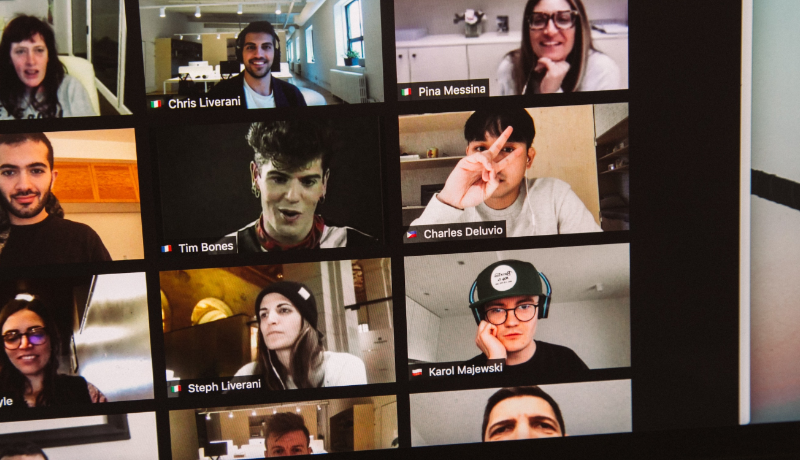
Being able to engage and disengage from online work is key to achieving work-life balance and autonomy when working from home (WFH). However, leaving meetings early can be particularly challenging online where fewer cues are available for users to interrupt ongoing conversations, especially for users with less power in groups, such as women or junior colleagues.
In collaboration with researchers at the University of Tokyo and NTT Communications, I tested the concept that digital assistants might be able to interrupt online meetings and “take the blame” from users who need to leave early, making them feel more at ease to leave video meetings when necessary.
I conducted an online experiment with 60 triads of Japanese and US-based participants (n=180) to understand how a digital assistant joining an online meeting might impact 1) people’s perceptions of someone leaving early and 2) the ease of leaving a meeting early online. In this cross-cultural study, we are comparing participants based in Japan, who may be more open to robotic agents, to participants in the United States, who may be less open to such interventions.
Our preliminary findings suggest that people who needed to leave early derived different benefits from the assistant compared to those who continued to stay in the meeting, demonstrating the diverse needs of stakeholders who use remote work technologies.




